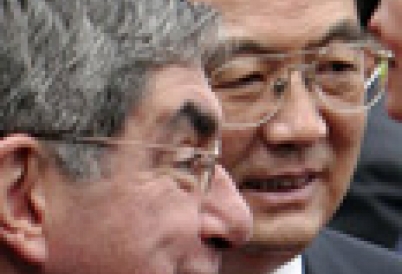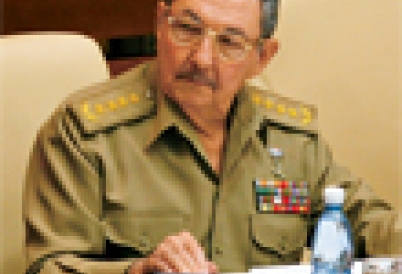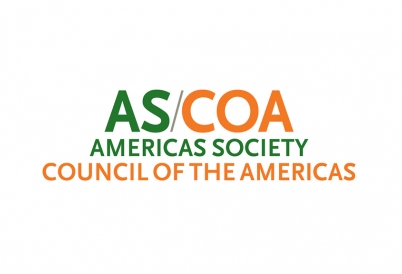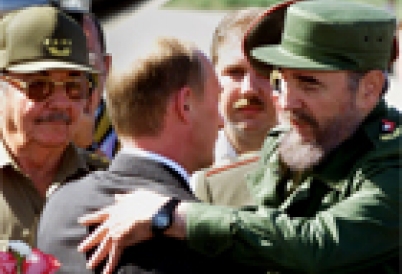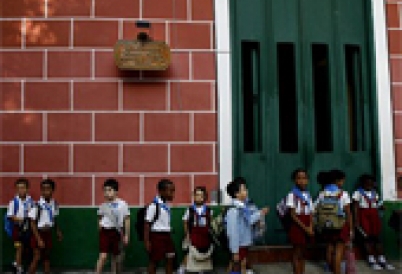Chinese President Hu Jintao's trip to Latin America helps cement Beijing's growing relationship with the region. After the G20 summit and before the Asia-Pacific Economic Cooperation conference in Lima, Hu traveled to Costa Rica and Cuba.
Writing for Ambassadors REVIEW, AS/COA's Christopher Sabatini writes that, while Cuban President Raúl Castro's reforms led to hope for concrete change on the island, "Don’t hold your breath."
Geographic proximity, the close historical ties uniting the American and Cuban people, and above all the unavoidable influence that the U.S. has on Cuba mean that we have all watched with great interest the elections and await your policies toward Cuba. Read the full article in the Fall 2008 issue of Americas Quarterly.
U.S.-Russia tensions escalate over a proposed missile shield in Eastern Europe, sparking rumors that Moscow plans to station bombers in Cuba. Though the origin and veracity of the story remain unclear, Russian leaders called for renewed ties with Cuba after the countries inked a recent oil deal.
En un artículo de opinión para El Diario, Christopher Sabatini explica por qué América Latina se mantiene en un nivel secundario en los radares de política exterior de los Estados Unidos en este año electoral. También analiza los puntos de vista de los presuntos candidatos presidenciales en torno al comercio regional, Cuba, y la reforma migratoria.
A Cuban reform allows private farmers use of state-controlled land, marking a departure from past policies. Whether the law is far-reaching enough remains to be seen, given that the government retains land ownership.
U.S. presidential candidates square off this week over the future of Washington's Cuba policy. Meanwhile, Raúl Castro's government has passed limited reforms since taking office.







